Providing sufficient lying space for cattle is something that is often overlooked. Yet if cattle are over-stocked in sheds, then performance will suffer.
This means cattle take longer to finish, increasing the amount of meal and fodder required to maintain them on a daily basis.
With high levels of meal being fed to finishing cattle, you cannot afford to have any drop in daily liveweight gain because animals are overstocked in pens.
On the majority of farms, cattle are grouped based on their size and liveweight at the time of housing. The tendency is to fill pens based on what they can hold at that time.
Considerations
Store cattle and weanlings may be able to lie in comfort in October and November, but as they grow lying space is reduced.
For instance, take a group of eight bulls weighing 500kg at housing in October. Assuming that the group has an average daily liveweight gain of 1.5kg/day, after one week there is an extra 84kg of liveweight in the pen.
After a six-week period, this is the equivalent having added one extra animal to the group.
Over a 100-day feeding period at the outlined weight gain, there would be an additional 1,200kg of liveweight in the pen. This is the equivalent of adding two animals to the group, which will undoubtedly reduce the amount of lying space.
Therefore, cattle should ideally be grouped at housing based on their final slaughter weight.
Impact
If all cattle in the group cannot lie at the same time, then they are overstocked. Weight gain will start to suffer if cattle have to wait for other animals to rise before they can lie.
As cattle increase in size, standing space along the feed barrier will also be reduced. This means some animals may not receive their full allocation of meal, which further reduces weight gain.
At a target slaughter weight of 700kg, it will take just over 130 days to finish the group of bulls at a daily gain of 1.5kg/day.
Assuming a 20% drop in performance, this group of eight bulls will have reduced weight gain to 1.2kg/day. This means it will take an extra 33 days to bring the bulls to their target slaughter weight.
Actions
The simplest option is to remove cattle from a pen. However, if housing space is limited on a farm then your options are limited until finishing cattle are sold.
In such cases, you need to draft cattle for sale as soon as they reach the correct fat cover.
Read more
Beef management: cross compliance checks
Watch: catching up with our midlands BETTER farmers
Providing sufficient lying space for cattle is something that is often overlooked. Yet if cattle are over-stocked in sheds, then performance will suffer.
This means cattle take longer to finish, increasing the amount of meal and fodder required to maintain them on a daily basis.
With high levels of meal being fed to finishing cattle, you cannot afford to have any drop in daily liveweight gain because animals are overstocked in pens.
On the majority of farms, cattle are grouped based on their size and liveweight at the time of housing. The tendency is to fill pens based on what they can hold at that time.
Considerations
Store cattle and weanlings may be able to lie in comfort in October and November, but as they grow lying space is reduced.
For instance, take a group of eight bulls weighing 500kg at housing in October. Assuming that the group has an average daily liveweight gain of 1.5kg/day, after one week there is an extra 84kg of liveweight in the pen.
After a six-week period, this is the equivalent having added one extra animal to the group.
Over a 100-day feeding period at the outlined weight gain, there would be an additional 1,200kg of liveweight in the pen. This is the equivalent of adding two animals to the group, which will undoubtedly reduce the amount of lying space.
Therefore, cattle should ideally be grouped at housing based on their final slaughter weight.
Impact
If all cattle in the group cannot lie at the same time, then they are overstocked. Weight gain will start to suffer if cattle have to wait for other animals to rise before they can lie.
As cattle increase in size, standing space along the feed barrier will also be reduced. This means some animals may not receive their full allocation of meal, which further reduces weight gain.
At a target slaughter weight of 700kg, it will take just over 130 days to finish the group of bulls at a daily gain of 1.5kg/day.
Assuming a 20% drop in performance, this group of eight bulls will have reduced weight gain to 1.2kg/day. This means it will take an extra 33 days to bring the bulls to their target slaughter weight.
Actions
The simplest option is to remove cattle from a pen. However, if housing space is limited on a farm then your options are limited until finishing cattle are sold.
In such cases, you need to draft cattle for sale as soon as they reach the correct fat cover.
Read more
Beef management: cross compliance checks
Watch: catching up with our midlands BETTER farmers





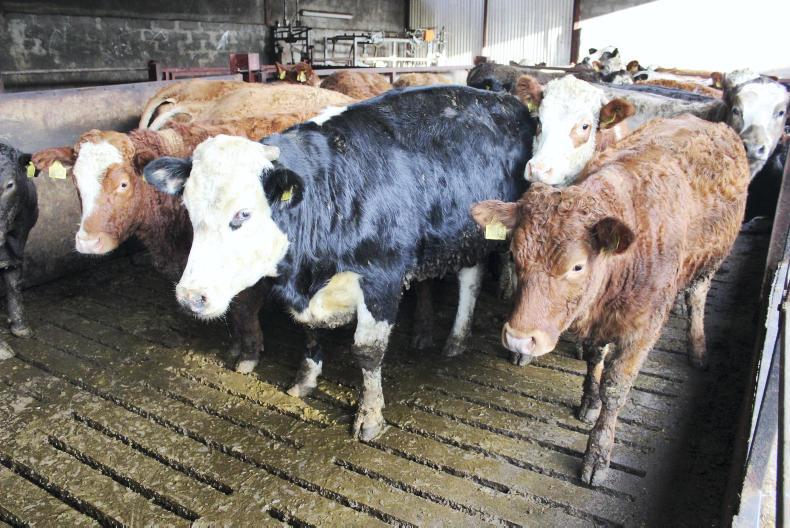
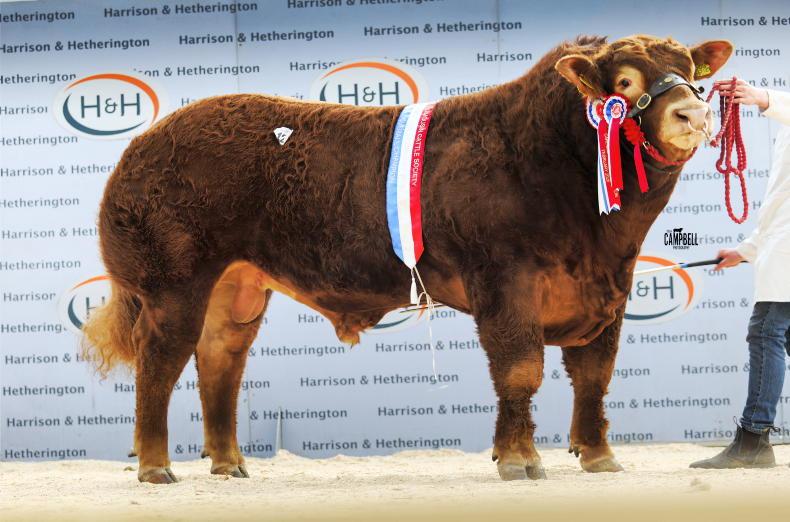
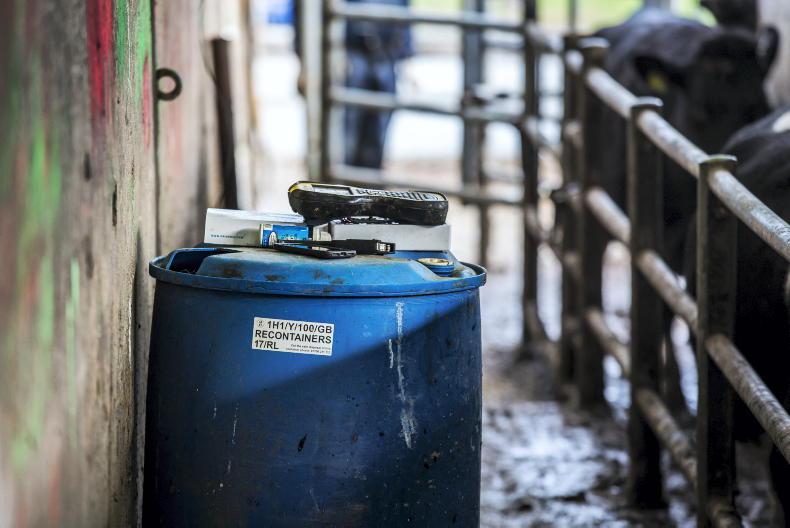
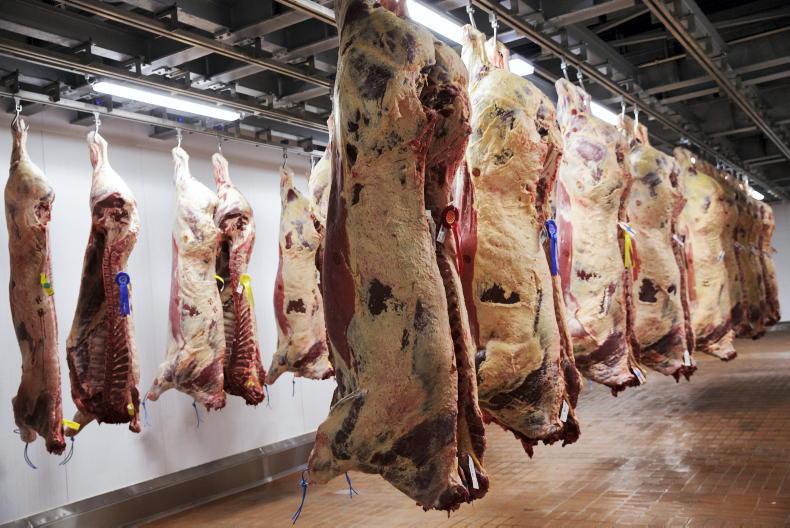
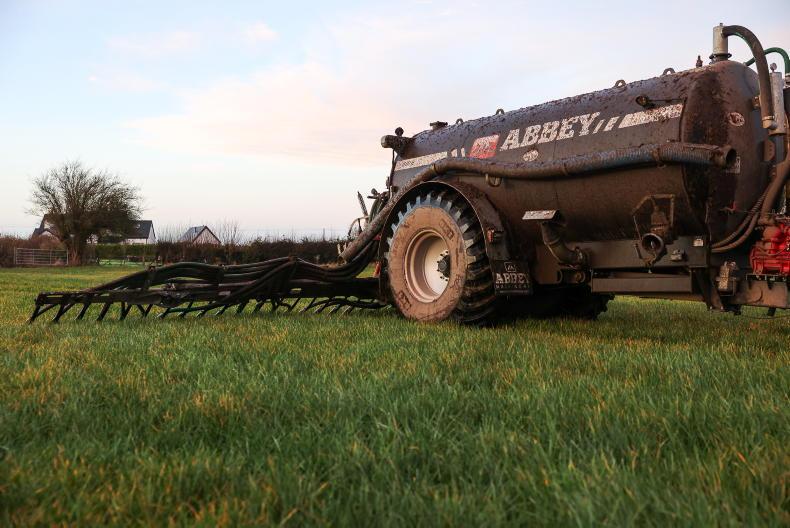
SHARING OPTIONS